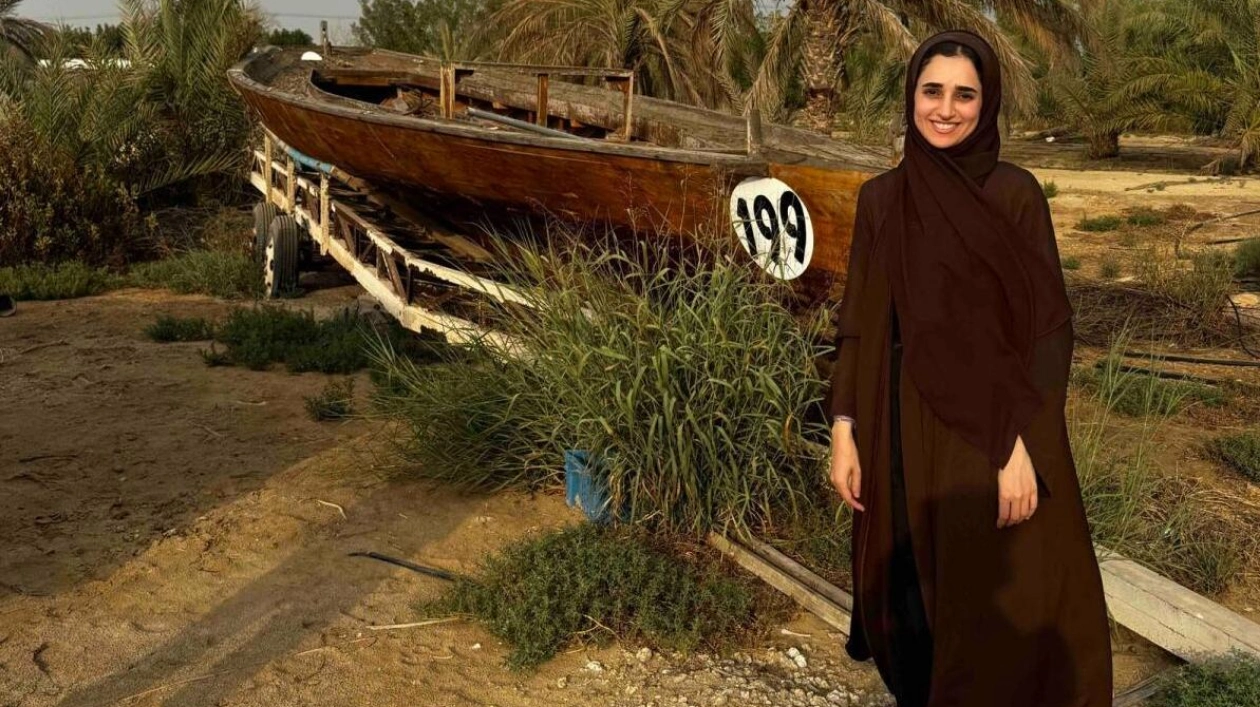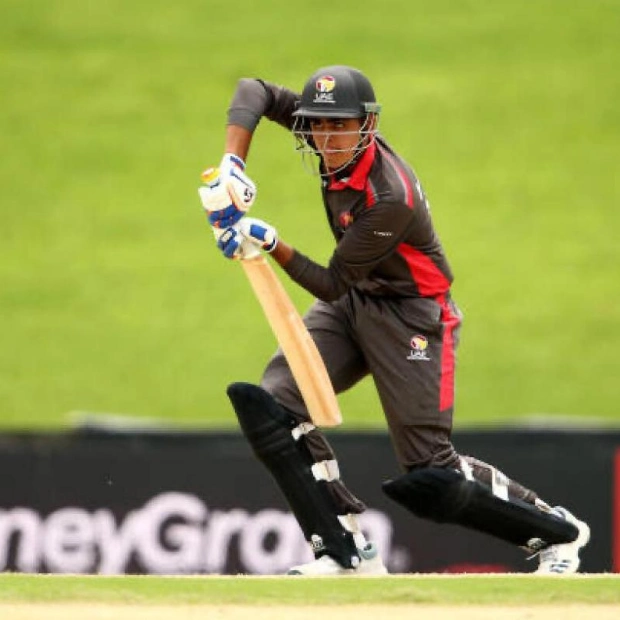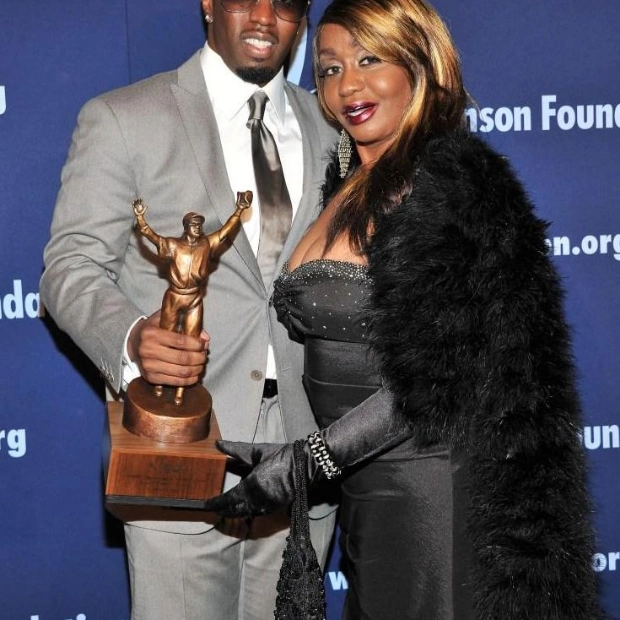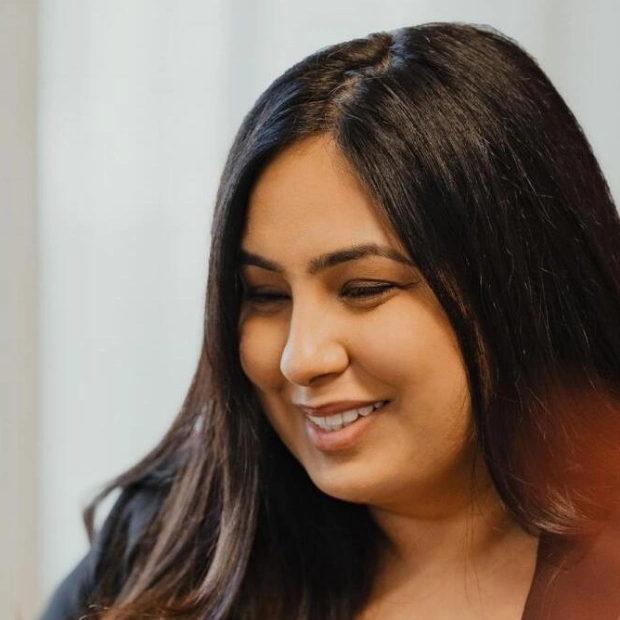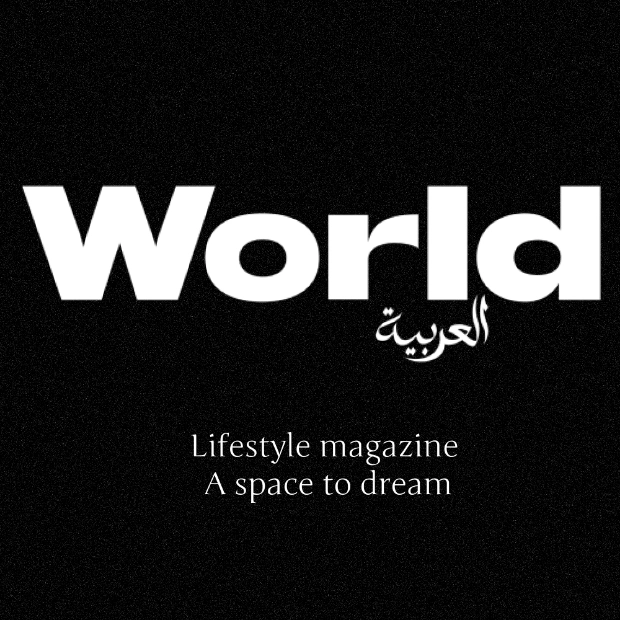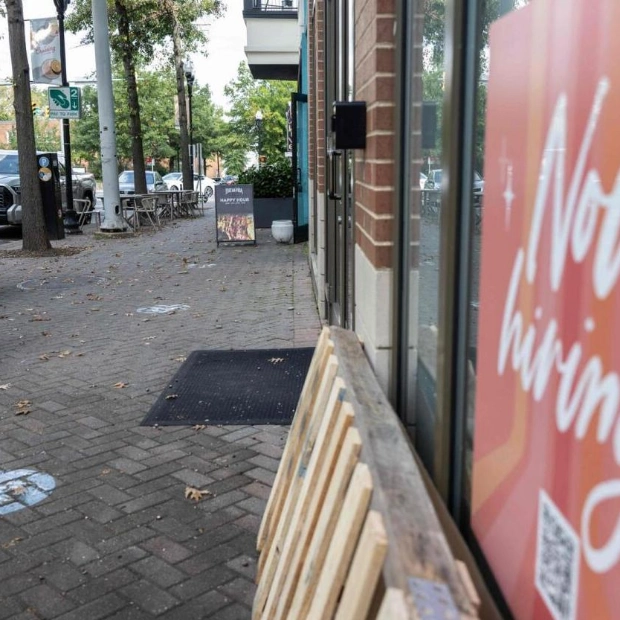A passionate Emirati designer is making waves in the design world with her unique blend of contemporary aesthetics and cultural heritage. It began with a simple idea to reclaim wood from old dhows (traditional Arabian sailing vessels) that turned into a transformative art making bespoke furniture. "It wasn’t just about the material; it was about the stories the wood could tell," Zainab AlBlooki told Khaleej Times.
Sailors ropes and wood from old dhows are some of the materials used by her. It was like a treasure hunt when she started. Her quest to source the wood led her to some unexpected places, including the lesser-known islands around Abu Dhabi. She shared: “I met elderly locals at the ports, and been amazed by their generosity. They offered to give me the wood for free even though I wanted to pay. They also connected me with more people who could help.”
In her search for authentic teak wood – the traditional material used for dhows – she visited several farms in Al Rahba, discovering informal workshops where artisans still practice their craft. “It was a real challenge finding original teak,” she noted, “but the people I met were incredibly supportive, often offering me wood they’d had for years.” This immersive experience expanded her network in ways she hadn’t imagined, introducing her to artisans, boatbuilders, and craftspeople across the UAE. “What really surprised me was the enthusiasm of everyone I met. People were genuinely excited to be part of a sustainable project,” said AlBlooki.
Her project received a boost under the umbrella of the Year of Sustainability, led by the Salama Hamdan Foundation. When approached to produce sustainable materials for the national campaign, she seized the opportunity to pitch her vision — furniture crafted from reclaimed dhow wood. Working closely with the Salama Hamdan Foundation and the Material Lab (a team dedicated to exploring innovative and sustainable materials) her idea was approved. The project has been ongoing since May, and will be completed next month.
As the project nears completion, she is focused on creating a signature piece of furniture — be it a chair, a table, or a lamp — crafted entirely from the reclaimed dhow wood. The aim is not just to produce furniture but to introduce a sustainable material that other designers can use. AlBlooki emphasised: “Sustainability is about more than just materials; it’s about the stories behind them, the history, and the craftsmanship.”
Her passion for design has already earned her recognition in previous years, including an award for an art installation of Sheikh Zayed at the Lightication Middle East exhibition. She has also participated in Dubai Design Week, Al Serkal Avenue, and the Smithsonian Folklife Festival in Washington, DC, where she showcased her senior design project — an adaptive reuse of a historical site in Al Ain.
AlBlooki, a dedicated marketing professional and designer, has built a career that merges her creativity with her love for Abu Dhabi. She currently promotes Saadiyat Island, a destination close to her heart for its renowned beaches, museums, and cultural ambiance. “Being part of a group that promotes Abu Dhabi is thrilling. It’s more than just a job; it’s an opportunity to represent the city that has inspired me throughout my life,” she said.
AlBlooki’s works are deeply connected to Abu Dhabi’s culture, drawing inspiration from the city’s landscape and history. She said: "Abu Dhabi has always inspired me. From its beaches to its architecture, it’s a city where my creative journey began and continues to thrive.”
After graduating in 2020 from Zayed University with a degree in Fine Arts and Interior Design, AlBlooki launched her own design studio, Square 16. She said the studio's name symbolises life's intersections, much like the cross-walks of Abu Dhabi, reflecting collaboration while preserving individuality. Square 16 has grown into a platform for local artists and designers to share their work, with Zainab’s personal passion lying in furniture design.
Her love for woodworking, nurtured during her university years, led to the creation of her home workshop, where she continues to design unique pieces. One of her most cherished works is a table called 'Kambar', inspired by an Emirati term for natural rope and traditional craftsmanship. The design honours her heritage and her late maternal grandfather, who used to craft ropes by hand. "Working on Kambar brought back memories of him and the craftsmanship he valued," AlBlooki said.
Looking ahead, AlBlooki is excited about the potential of her project and hopes it will inspire more collaborations in sustainable design. "This journey has been about challenging myself, just like the dhow builders I’ve met. We’re all pushing boundaries, and that’s what makes this project so special,” she added.
